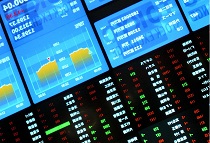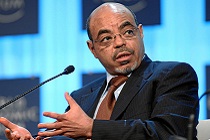Bourse Africa: A sparkling opportunity?
This October, Bourse Africa, the first Pan-African stock exchange is set to begin its operations. Apart from integrating all the African economies and boosting their engagements with international markets, it also aims to commodify diamonds. What does this mean for the future of commerce in Africa?








